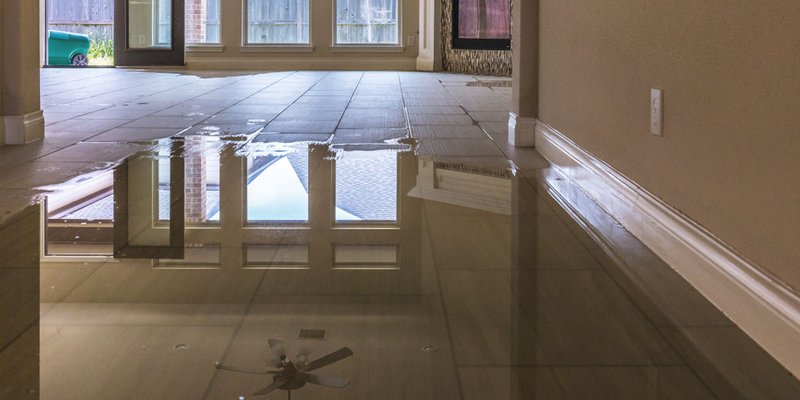
If you are not redirected within 30 seconds, please click here to continue.
Samedi: 10h – 16h HAE

If you are not redirected within 30 seconds, please click here to continue.
If you are not redirected within 30 seconds, please click here to continue.
Will My Home Insurance Cover a Burst Pipe?

As summer changes to fall and eventually winter, we have to face certain things — most notably, the drop in temperature. That seasonal transition from heat to cold can wreak havoc on your home’s water pipes. As water freezes, it becomes much heavier and expands inside the pipe, which can lead it to burst. Broken pipes can do a lot of damage to your home. They can create mould, damage electrical systems, create flooding risks, and potentially damage HVAC systems.
As a homeowner you will no doubt have home insurance that covers you in the event of fire, water damage, and a host of other issues.
But in the case of burst pipes, the role your homeowners insurance plays can be a little more complicated.
Will my home insurance policy cover a burst pipe?
Your home insurance company will usually cover leaks that happen suddenly and unexpectedly — in other words, pipes you had no way of knowing were about to burst. Of course, your policy and deductible will play a role in terms of how much these repairs will cost.
However, what if you’ve neglected repairs over the years, causing slow leaks to form, which ultimately led to the eventual burst? In cases like that, insurance companies expect you would have maintained your home and repaired problems as they occurred. Avoiding making fixes to visible or obvious problems is often considered negligence, which means your insurance company will not pay for the resulting damage.
Water damage insurance can sometimes provide coverage. In a traditional home insurance policy, coverage is generally provided for damage caused by:
- The sudden and accidental escape of water from a water main, plumbing system or hot water tank; and
- Water entering your home as a result of an opening caused by an insured peril (for example, a tree falls on and damages your home’s roof in a storm, letting in rain that damages the inside of your home)
When it comes to frozen pipes, however, things are a little more nuanced. Most home insurance policies require you to shut off your water in the winter and drain the pipes if you plan to be away for an extended period. Your policy may also stipulate that you should have a “competent” person check in on your home while you're away, and this will be seen as an acceptable safeguard against water issues.
Failing to meet these requirements often means claims will be denied for water damage that results from frozen pipes bursting.
How to prevent your home’s pipes from bursting
When it comes to burst pipes, prevention is the best medicine. Mitigating the damage can be done by following these steps:
- Insulate whatever pipes you can — Given that the pipes run through the walls, floors, and ceiling, it can be hard to know if they are properly insulated or not. The best method is to bring in an insulation company that can check the walls and ceilings using an infrared camera to see if there is proper insulation.
- Turn off any water sources that are not being used — If you plan on going away for a short while during the winter, drain the water from the lines and turn off the water. Otherwise, have someone check on the property regularly to ensure there are no leaks or damage. Longer periods of absence require the water to be moving and dripping. If you know the water won’t be used for a very long time, it’s wise to leave the taps running (just a trickle will do) so water does not freeze in the pipes.
- Heat your property to a proper temperature — Keeping your home warm during the colder months will help prevent the lines from freezing.
- Assess any current leaks — If you are aware of any current leaks throughout your property, no matter how small, be sure to get them fixed before the cold weather hits.
- Check your exterior pipes — Ensure any exterior pipes are dug deep enough into the ground to avoid freezing (or make sure they’re properly insulated, as stated above).
- Talk to your insurance company — Knowing your home insurance policy well will help you understand what is and isn’t covered when it comes to burst pipes. Your provider may even have tips for you on how to prevent damage and what sort of preventative measures will be accepted when/if a claim is made.
Don't waste time calling around for home insurance
Use RATESDOTCA to shop around and compare multiple quotes at the same time.
Finding the best home insurance coverage has never been so easy!
Get money-saving tips in your inbox.
Stay on top of personal finance tips from our money experts!










